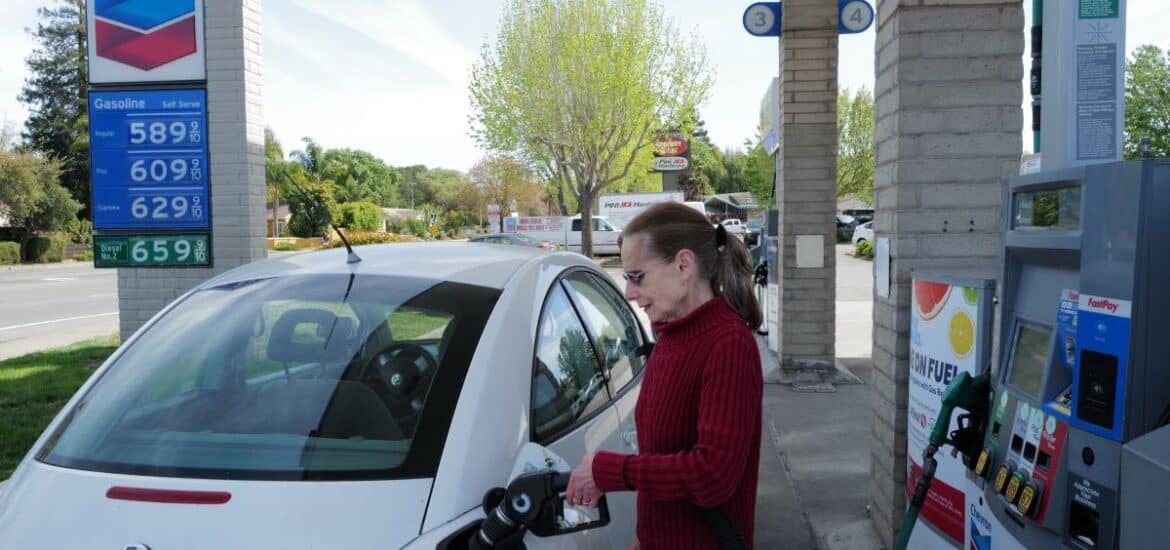Californian cities are experiencing higher gas prices than any other state in the country, driven by the State’s commitment to cleaner fuels. But this dedication comes at a cost, and consumers are paying the price.
California’s Gas Price Challenge
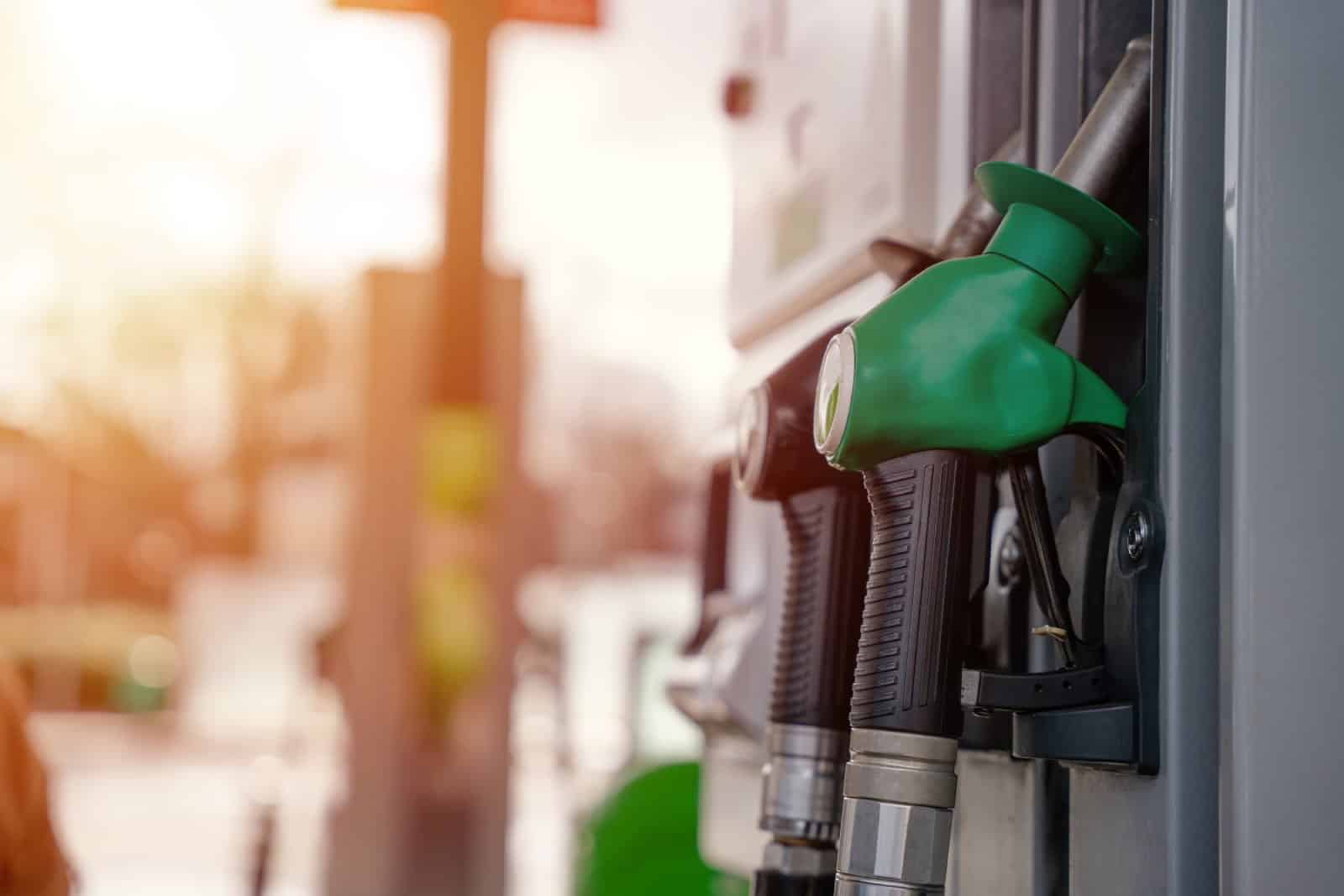
With an average gas price of $4.49, California surpasses the national average of $3.10. But what factors contribute to these high prices?
Higher Prices Persist
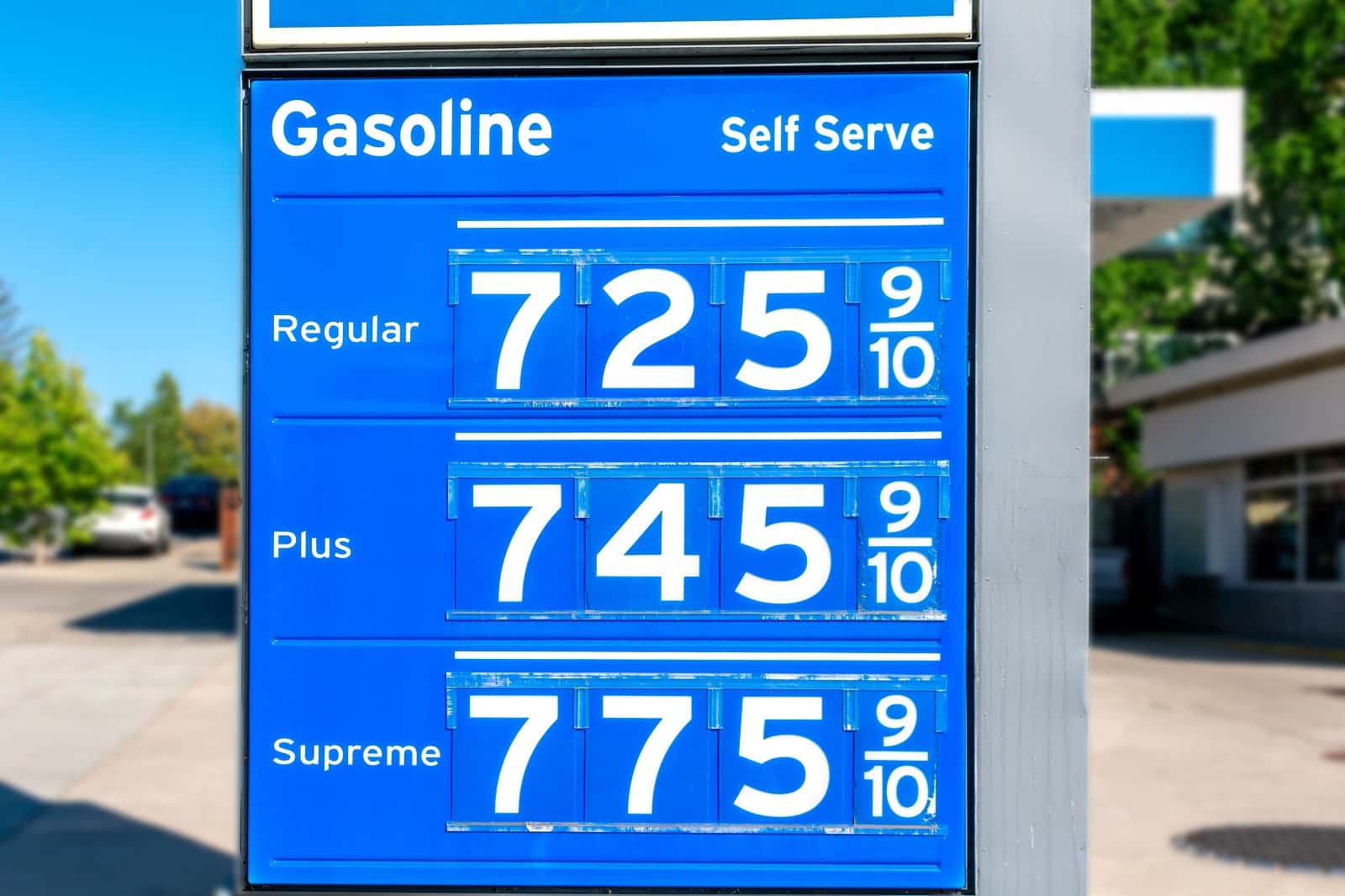
And even though gas prices have dropped nationwide since their peak in fall 2022, California continues to experience higher prices at the pump.
2022 Surge
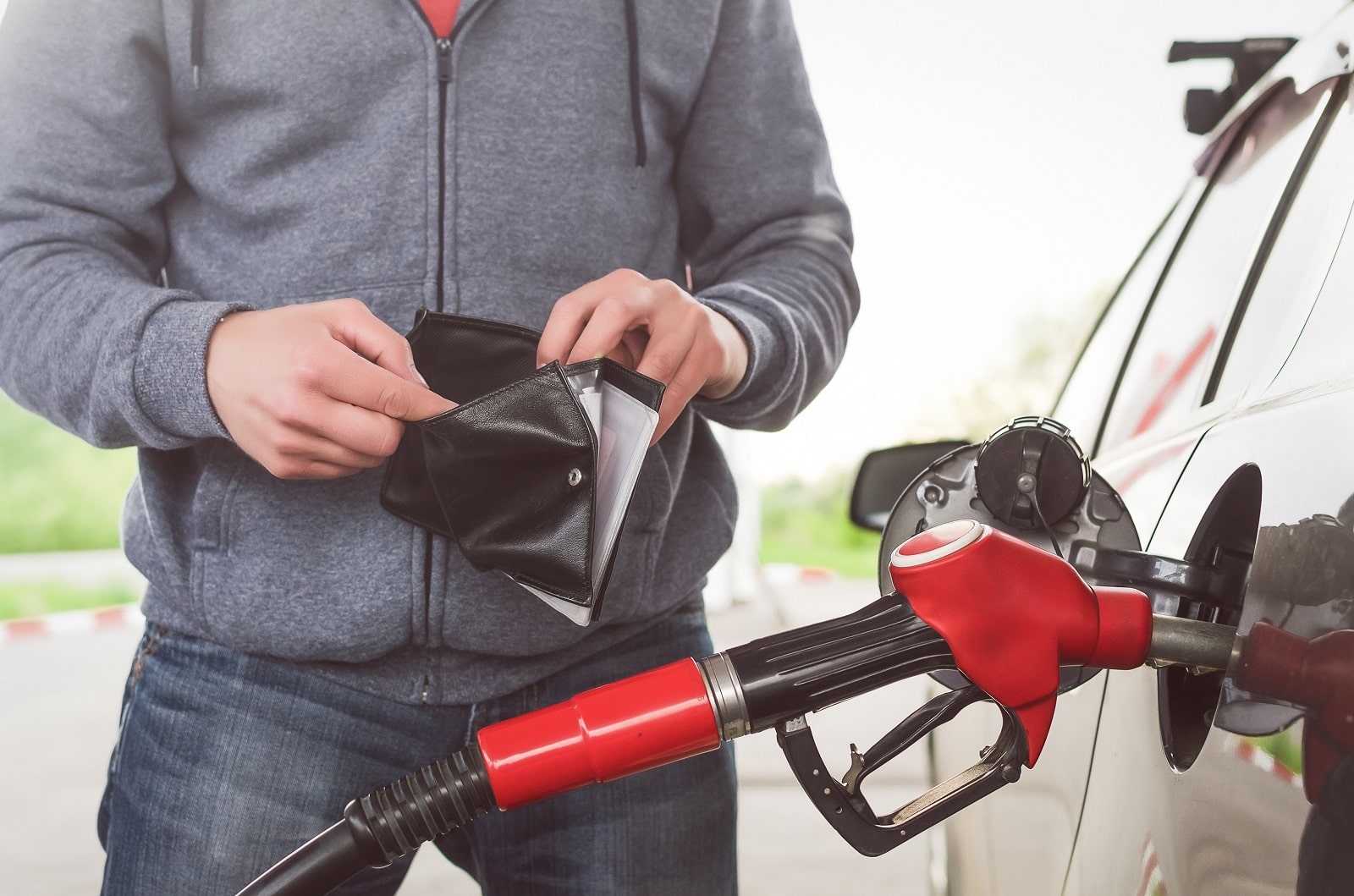
While California’s average gas price remains high, it has dropped since 2022, when it reached nearly $6.50 per gallon, primarily due to outages in multiple refineries.
Price Comparison with Other States
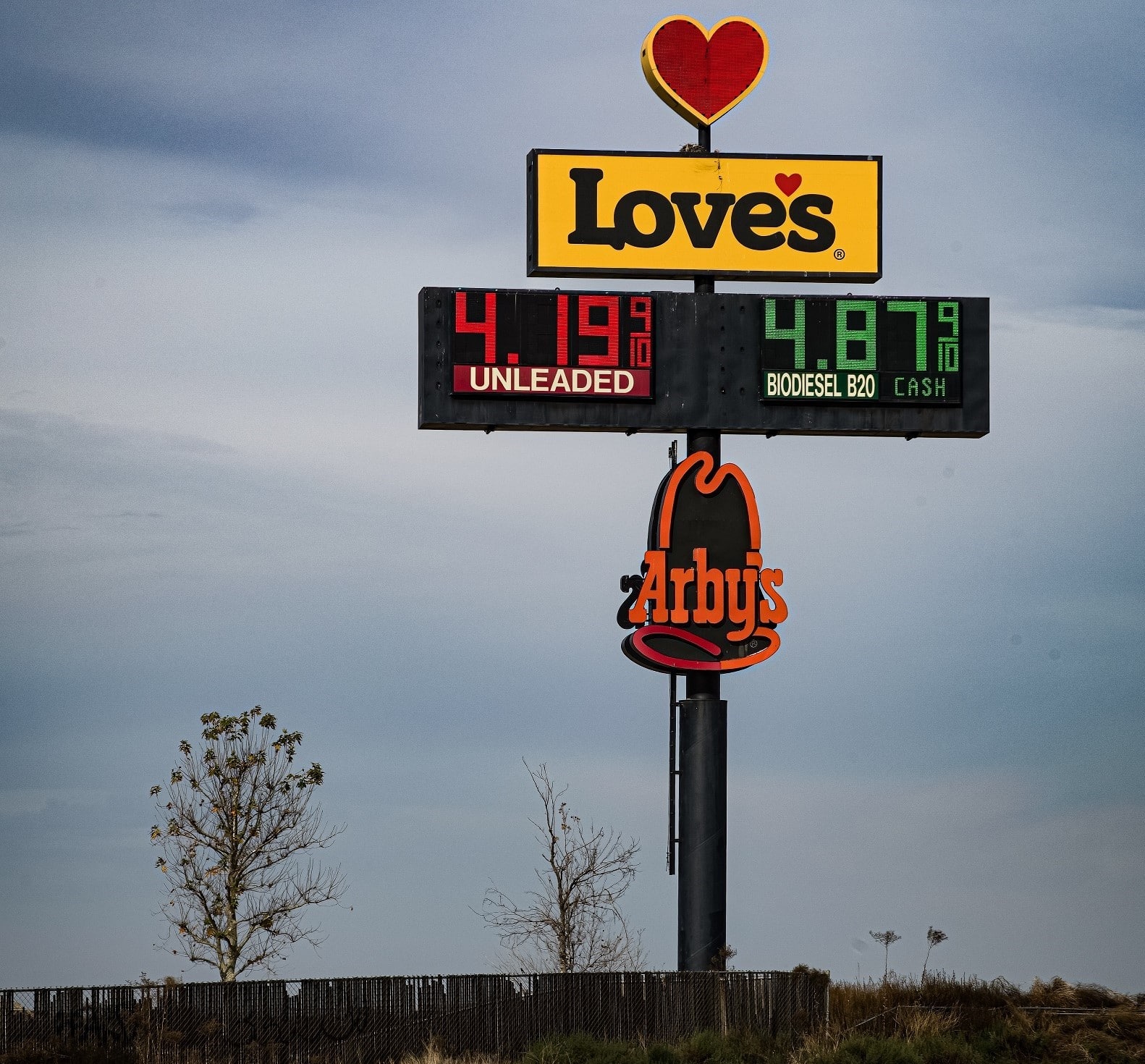
California’s gas price average of $4.49 is better understood when compared with lower-taxed states like Texas ($2.75), Oklahoma ($2.66), and Louisiana ($2.78) underscores the impact of taxes.
The Theory of Brand Loyalty
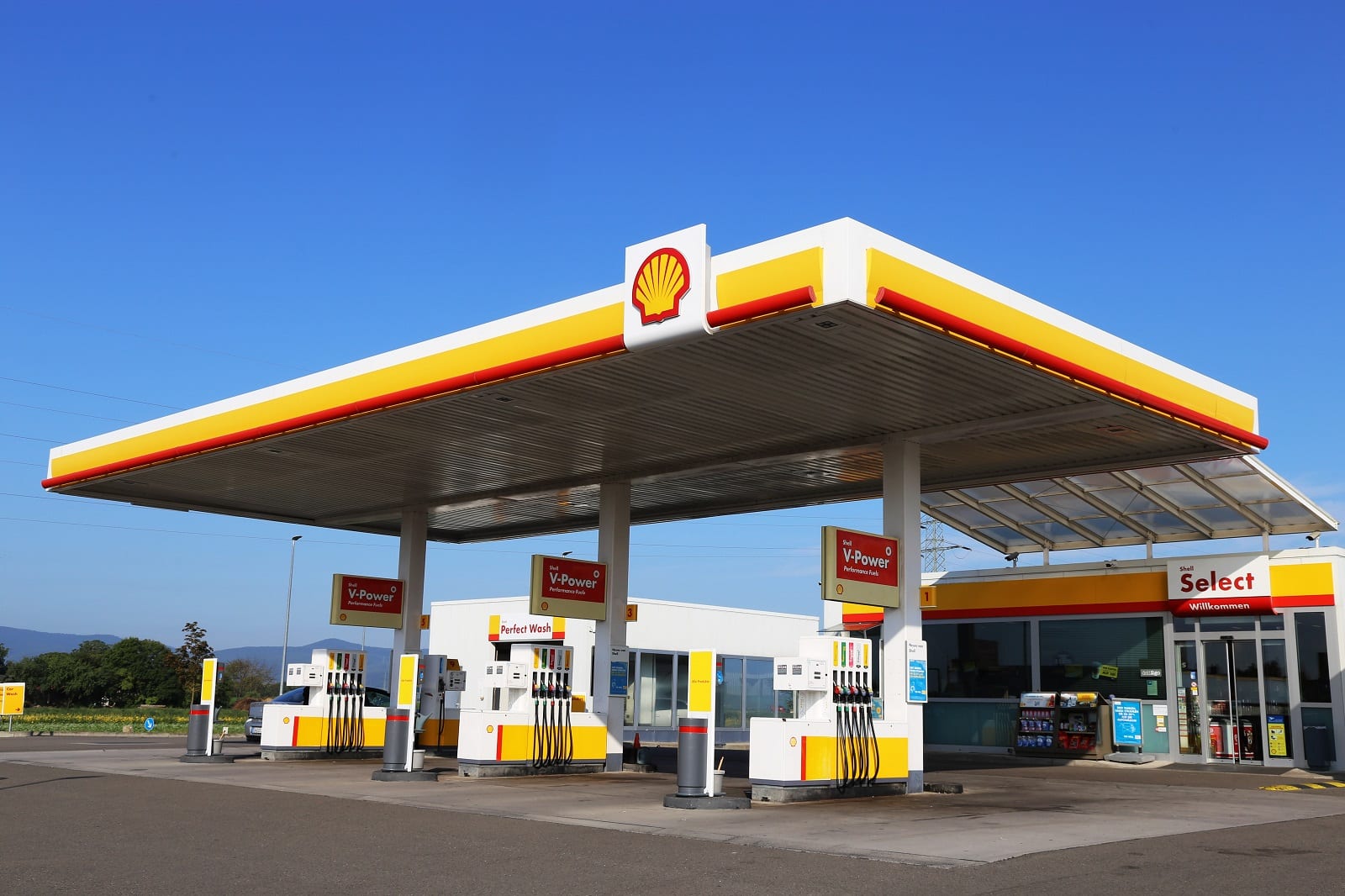
Professor Severin Borenstein, a director at the University of California, suggests gas prices could be so high because of Californians’ loyalty to brand-name oils, such as Chevron, Shell, and Mobil.
Lack of Off-Brand Stations
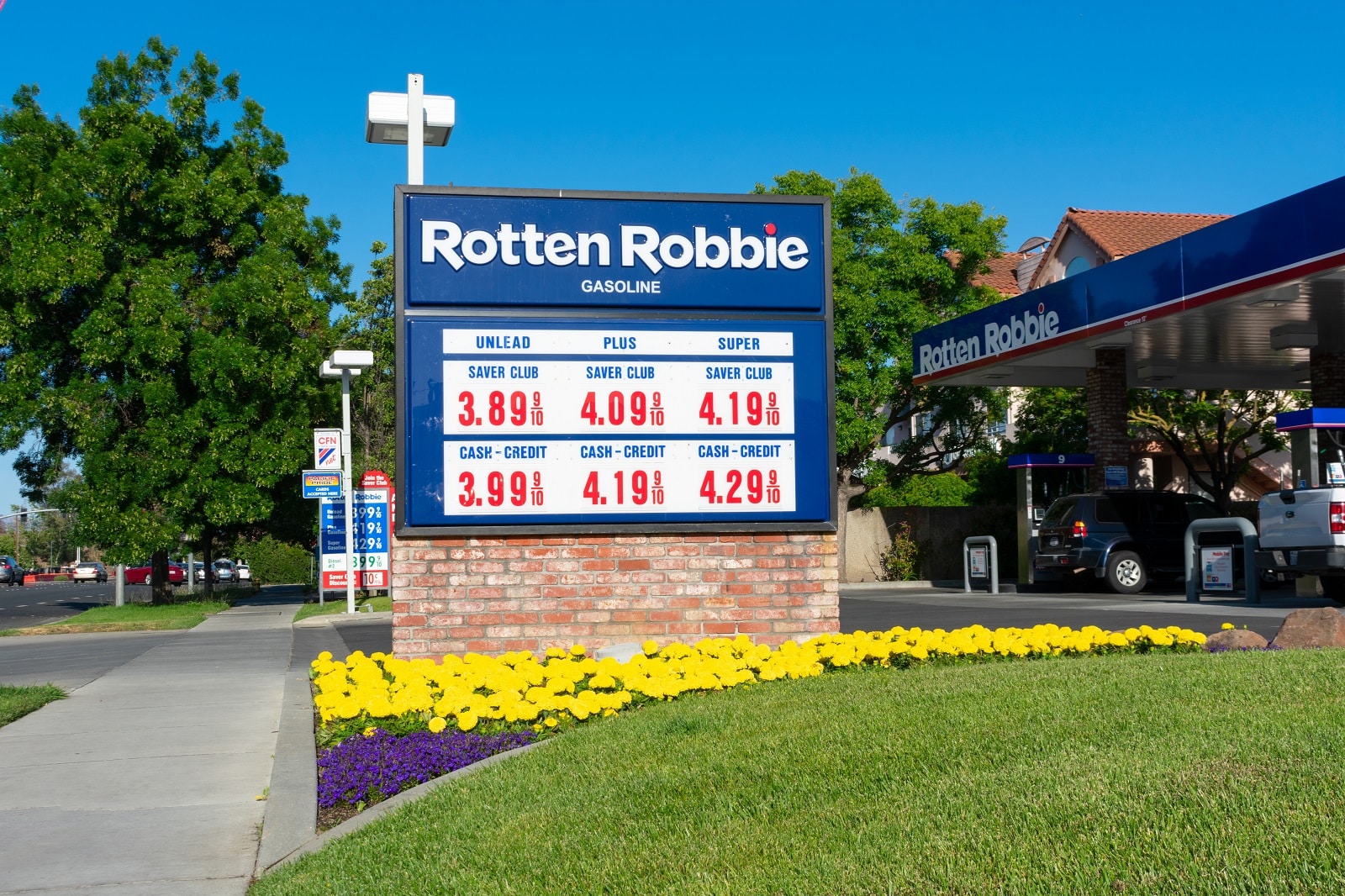
Borenstein argues, “California has way fewer off-brand stations like the Costcos and Safeways, but also the Rotten Robbie’s.”
Shopping Behavior for Gasoline
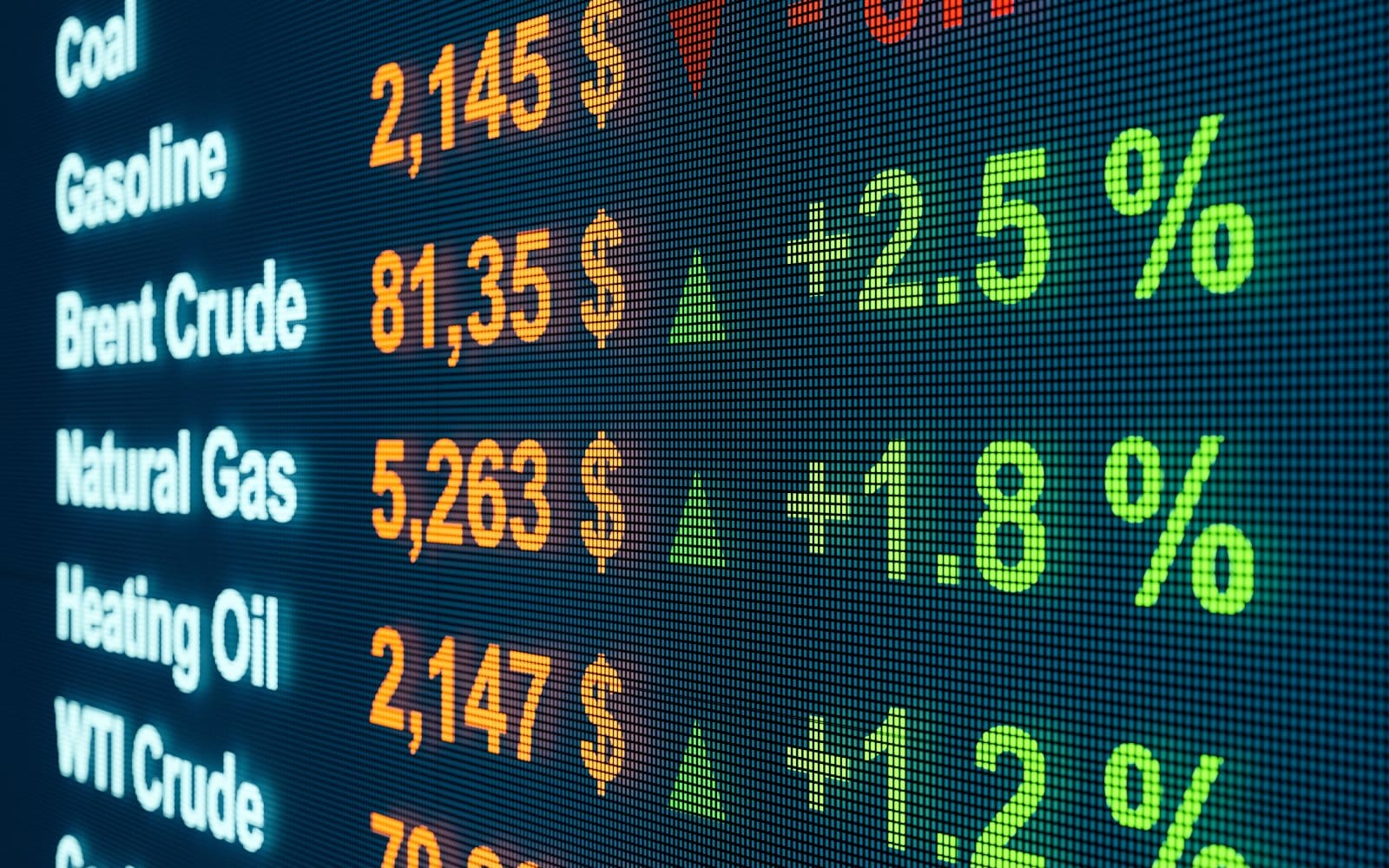
Borenstein suggests that California doesn’t “shop as aggressively for gasoline,” relying on the same companies that can pick and choose prices without any consequence.
Cleanest Gas in the World
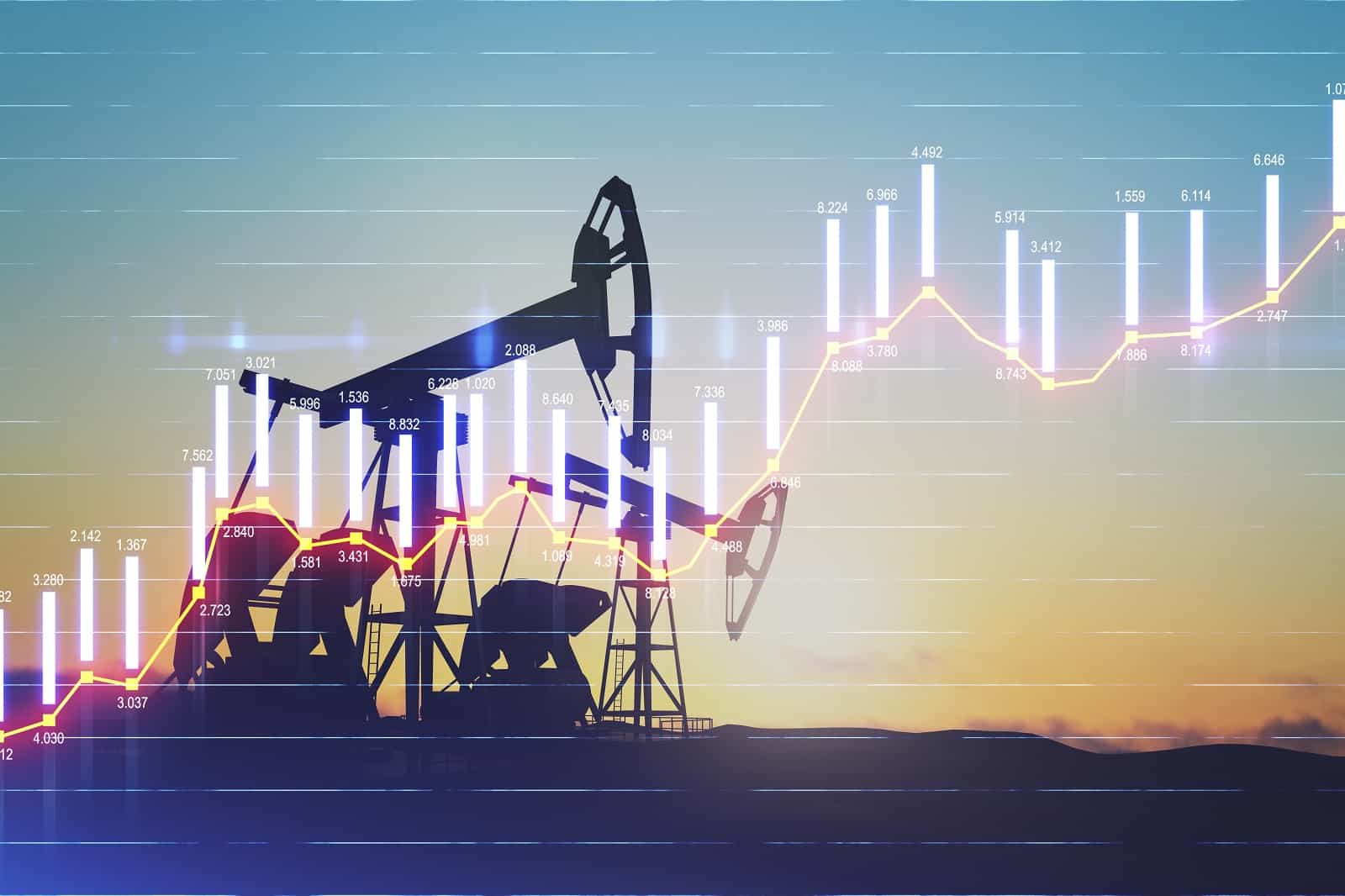
Other experts, however, attribute California’s rising gas prices to the state’s environmental regulations and the production of the world’s cleanest gas.
Greater Risk of Price Hikes
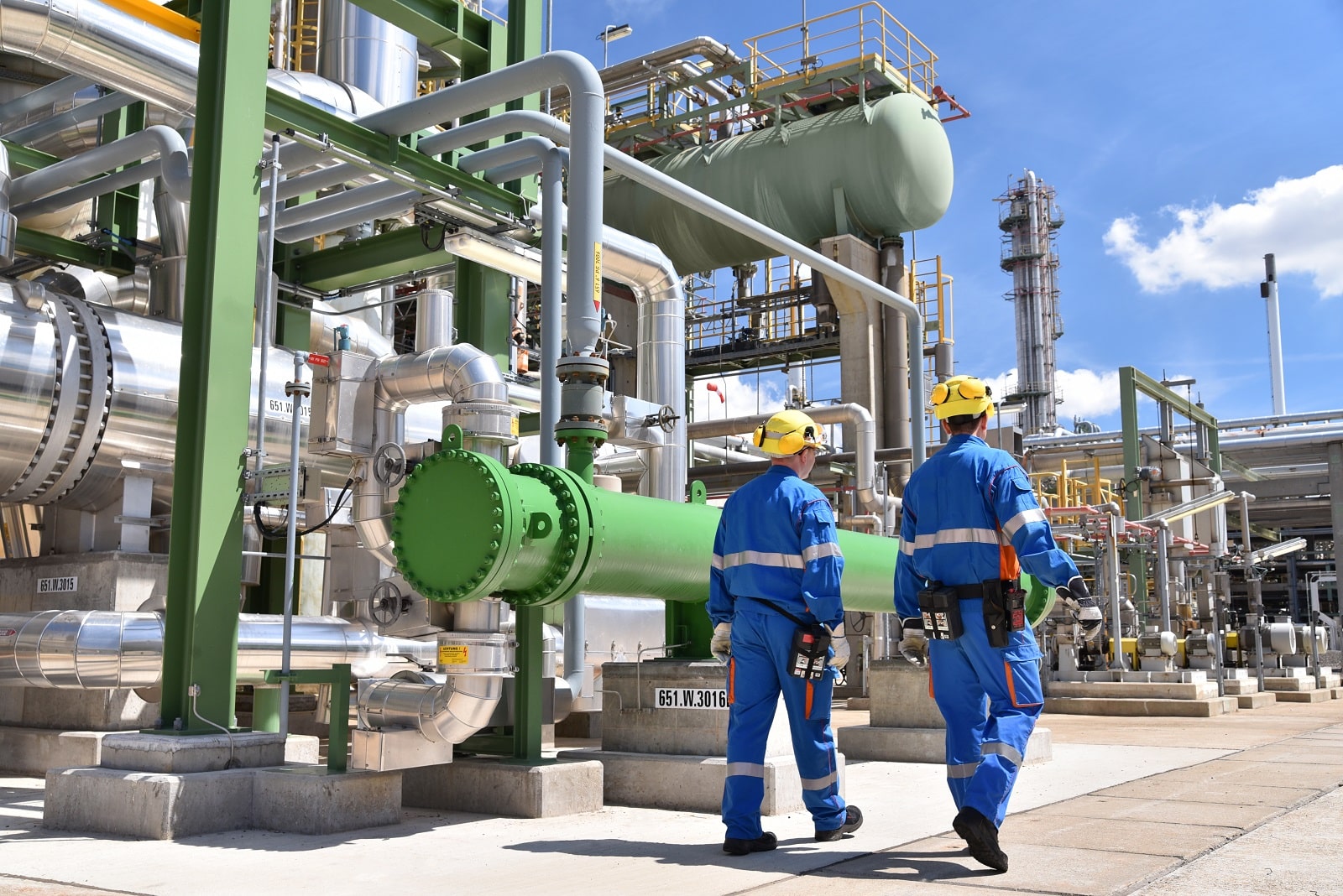
California is at greater risk for price hikes and supply shortages due to the limited number of major refineries meeting California’s strict standards. “California is kind of segregated from the rest of the nation in its requirements for gasoline,” said petroleum expert Patrick De Haan.
Fewer Greenhouse Emissions

According to Borenstein, California’s gas is the cleanest in the world and emits fewer greenhouse gases.
California’s Emissions Standards Leadership
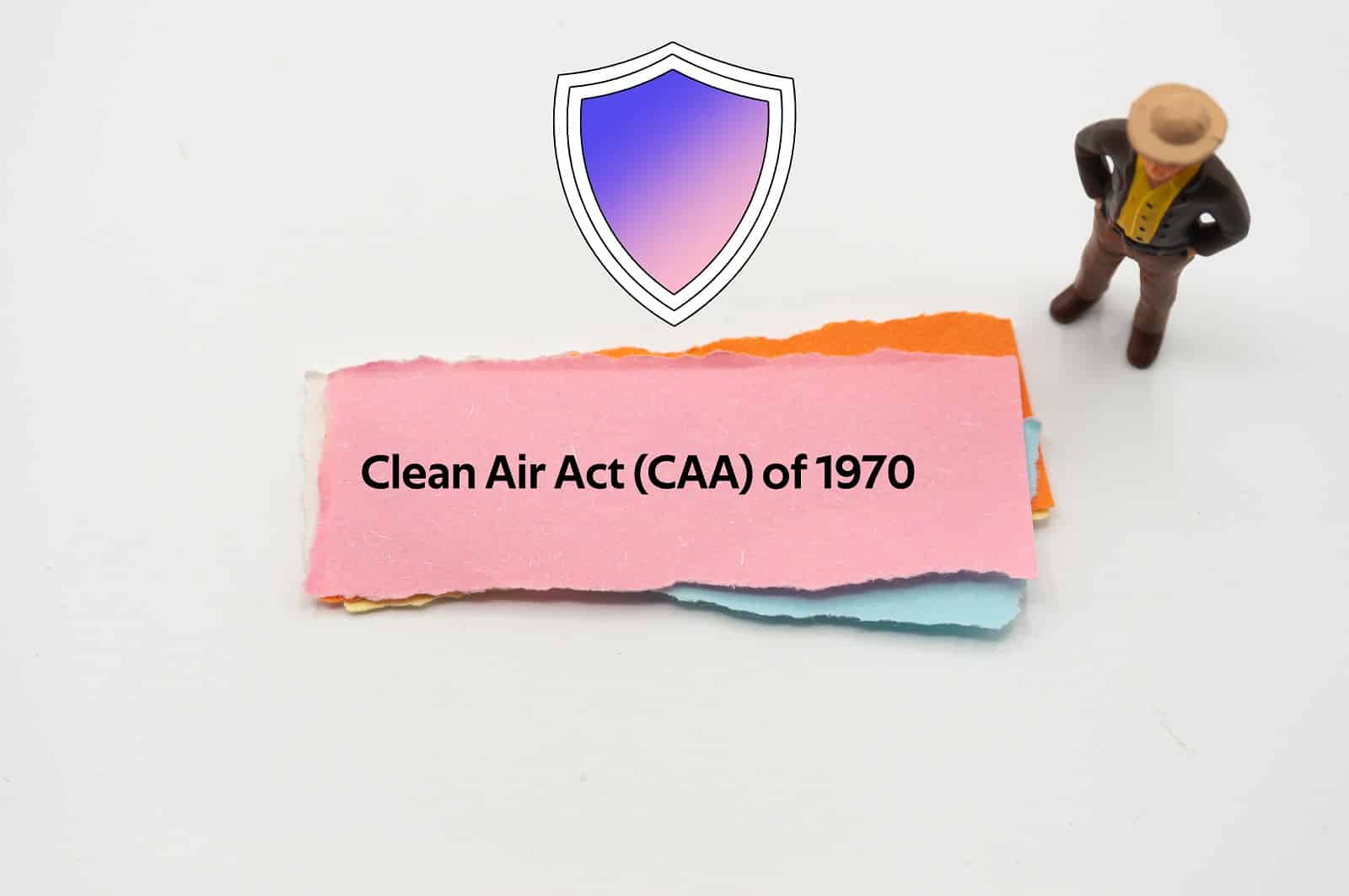
Since the 1970 Clean Air Act, California has held the distinction of setting stricter emissions standards than the federal government as the state battles against air pollution.
Historical Struggle with Air Quality

California’s battle against air pollution dates back to 1943 when severe smog in Los Angeles, the infamous “Purple Haze,” led to regulations and standards.
Tailpipe Emissions Standards
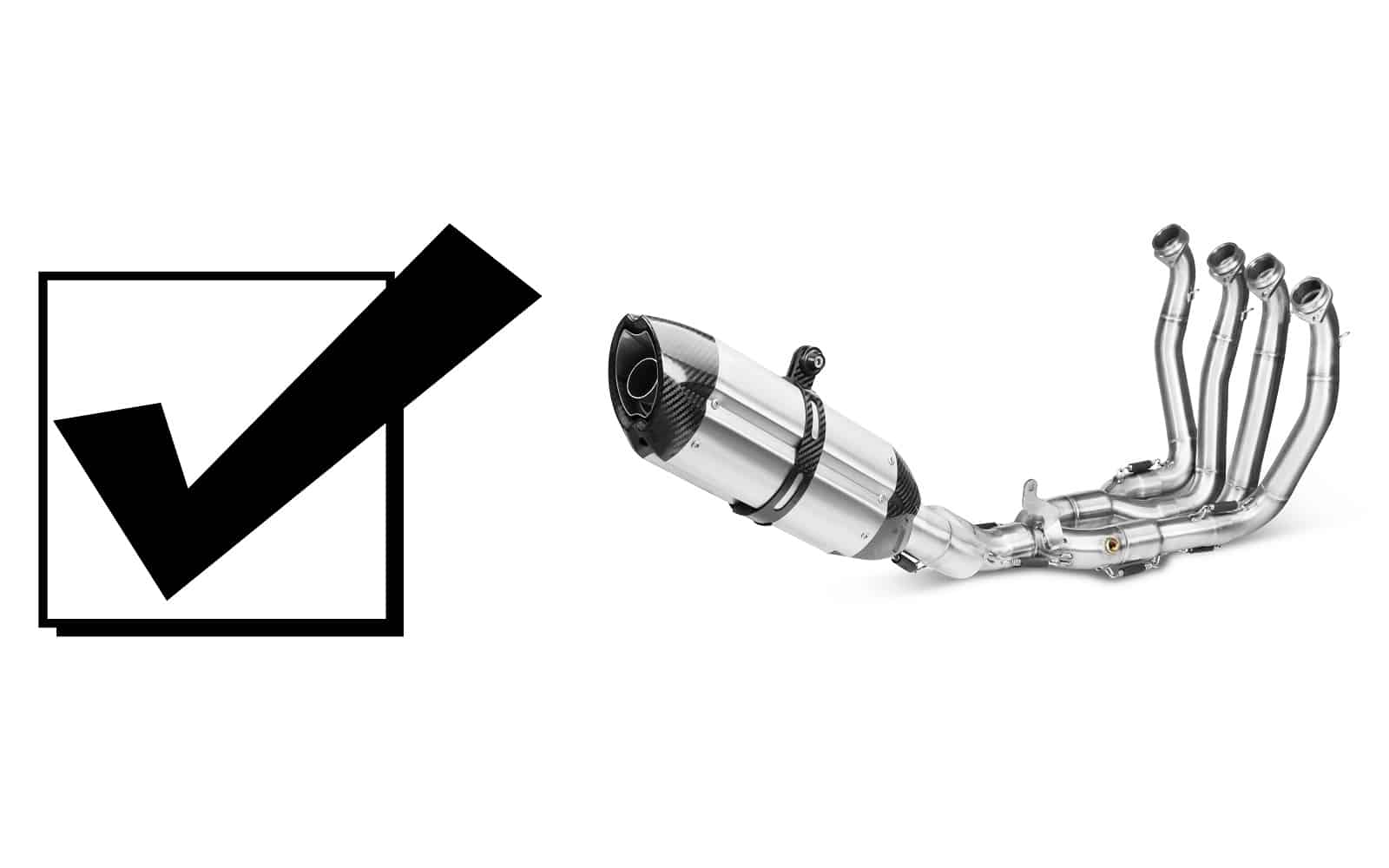
In 1966, California became the first state to pass tailpipe emissions standards to improve air quality and fix a bad reputation.
President Reagan’s Approach
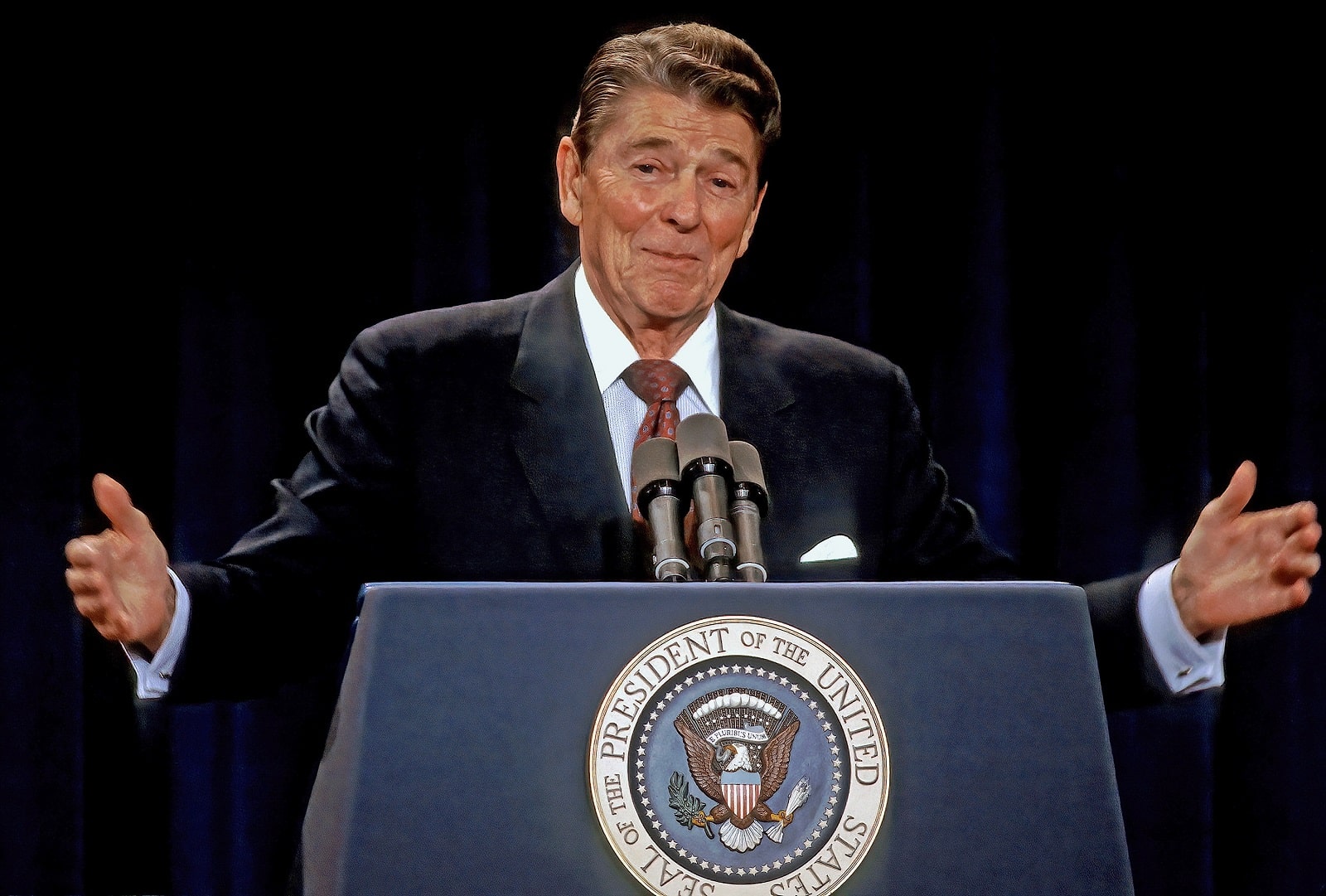
“We must constantly search for ways to improve our environment consistent with our technology and growth,” admitted then California governor and future President Ronald Reagan.
A New L.A.
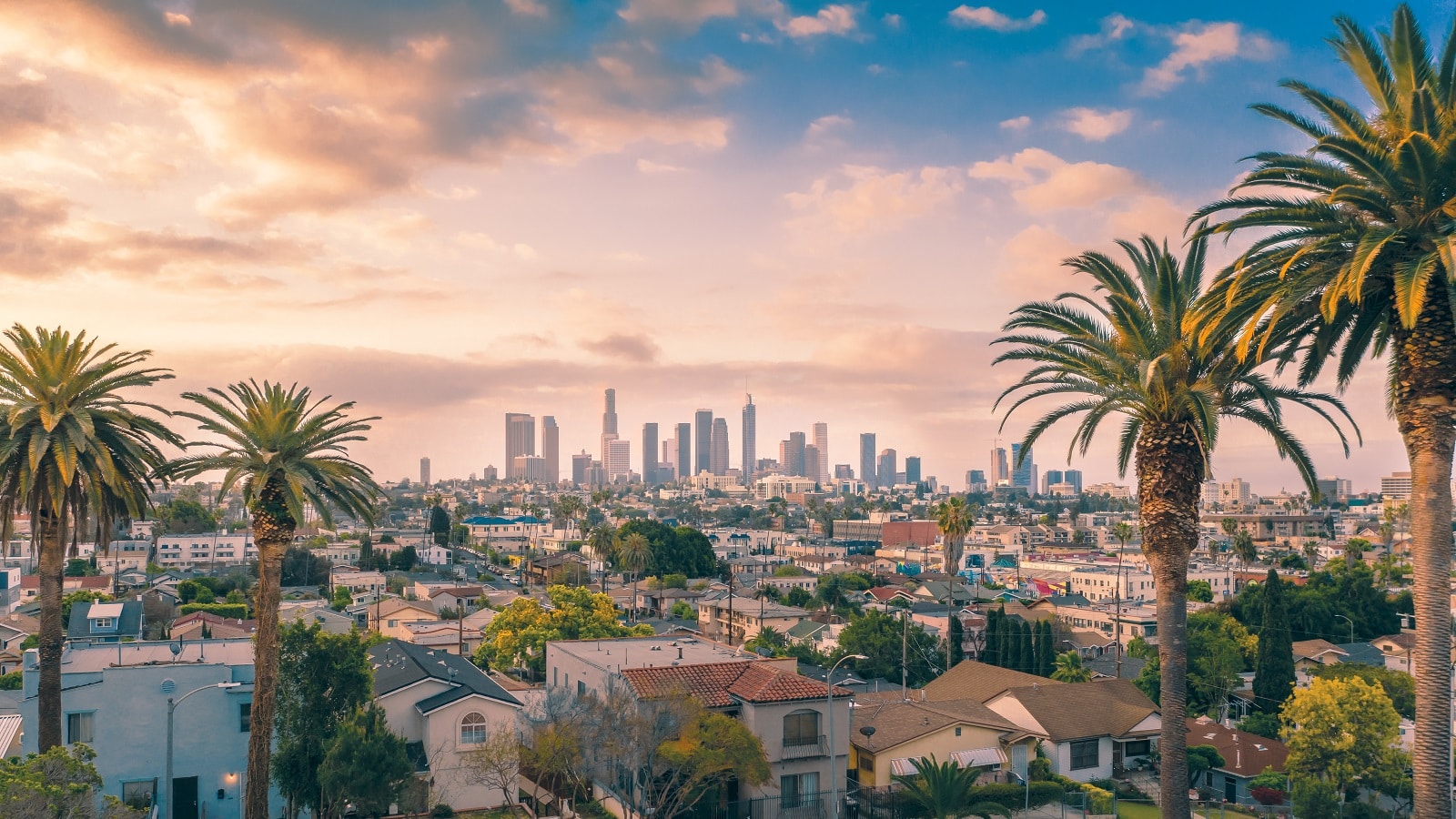
Bornstein praised Reagan’s approach, saying, “the reason you can see the mountains from Los Angeles now is the formula that we started using almost 30 years ago.”
California’s Continued Air Quality Challenges
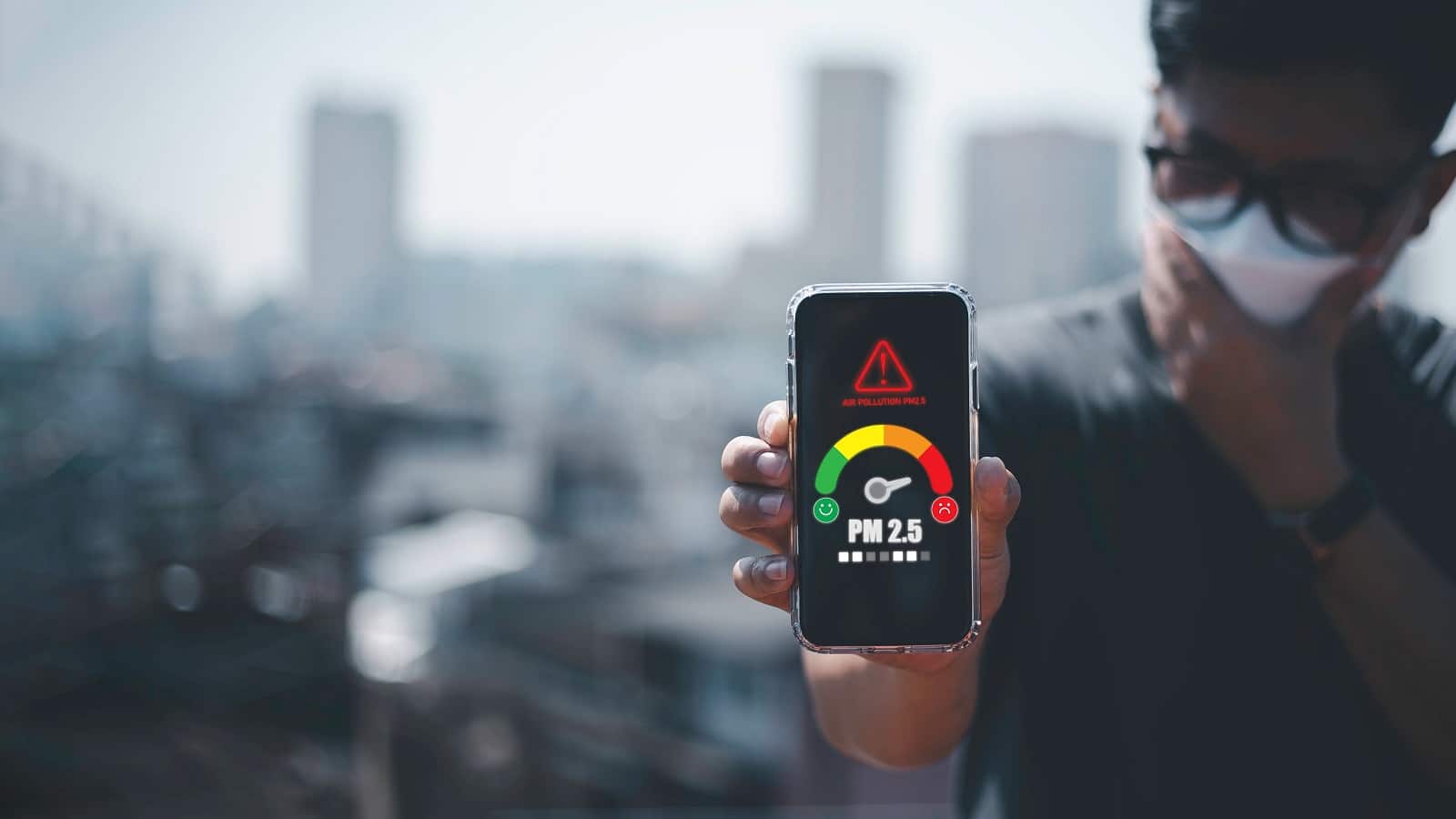
Despite progress, many Californian cities still grapple with high pollution levels, with the state’s cities ranked as the worst in the country for air pollution.
Rising Prices Not Slowing Down
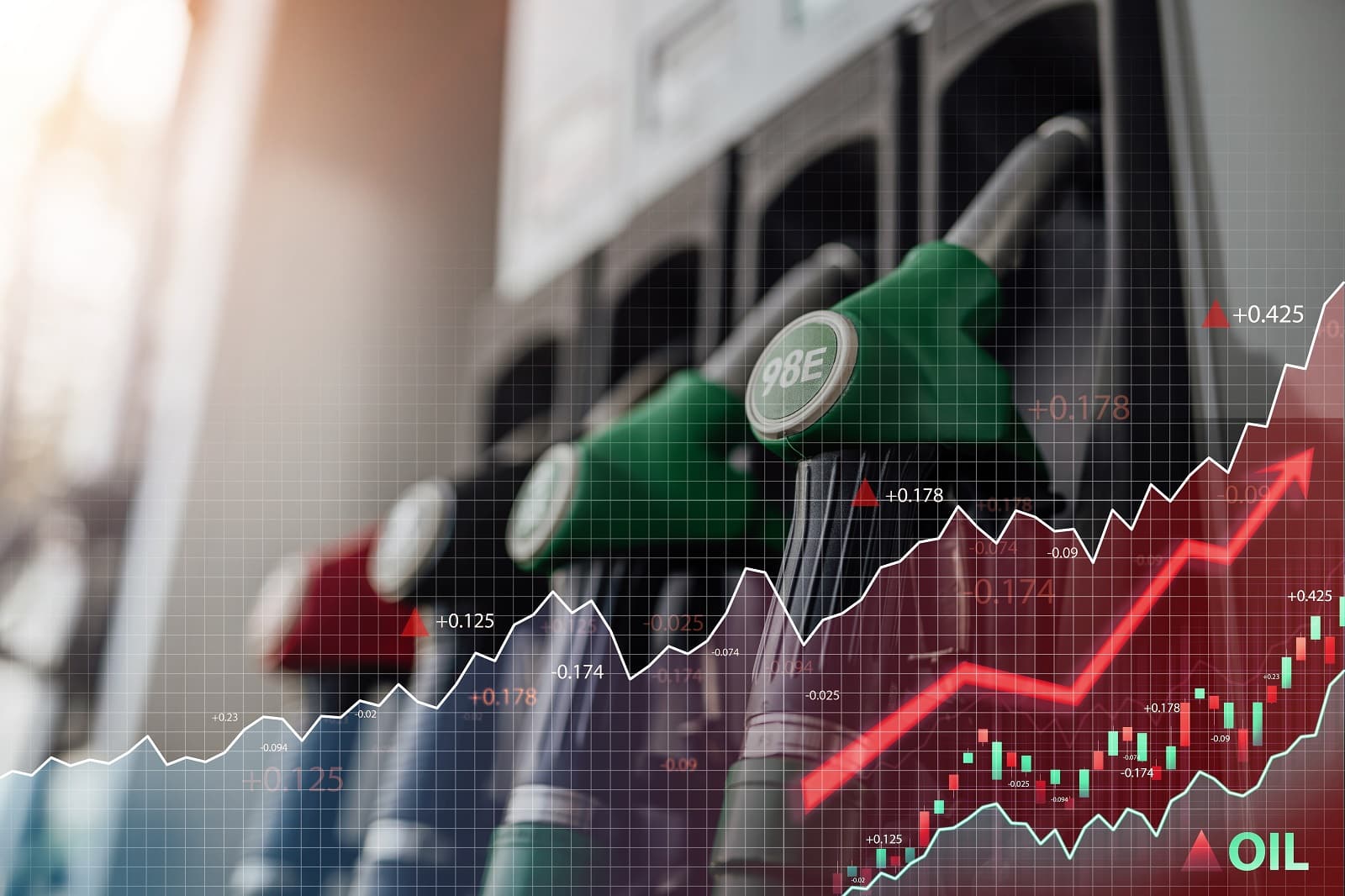
While changes like the 2035 gas-powered vehicle ban offer a potential way out, Californian drivers currently face the reality of paying more for clean gas without viable alternatives.
21 States Where Squatters Can Legally Claim Your Property
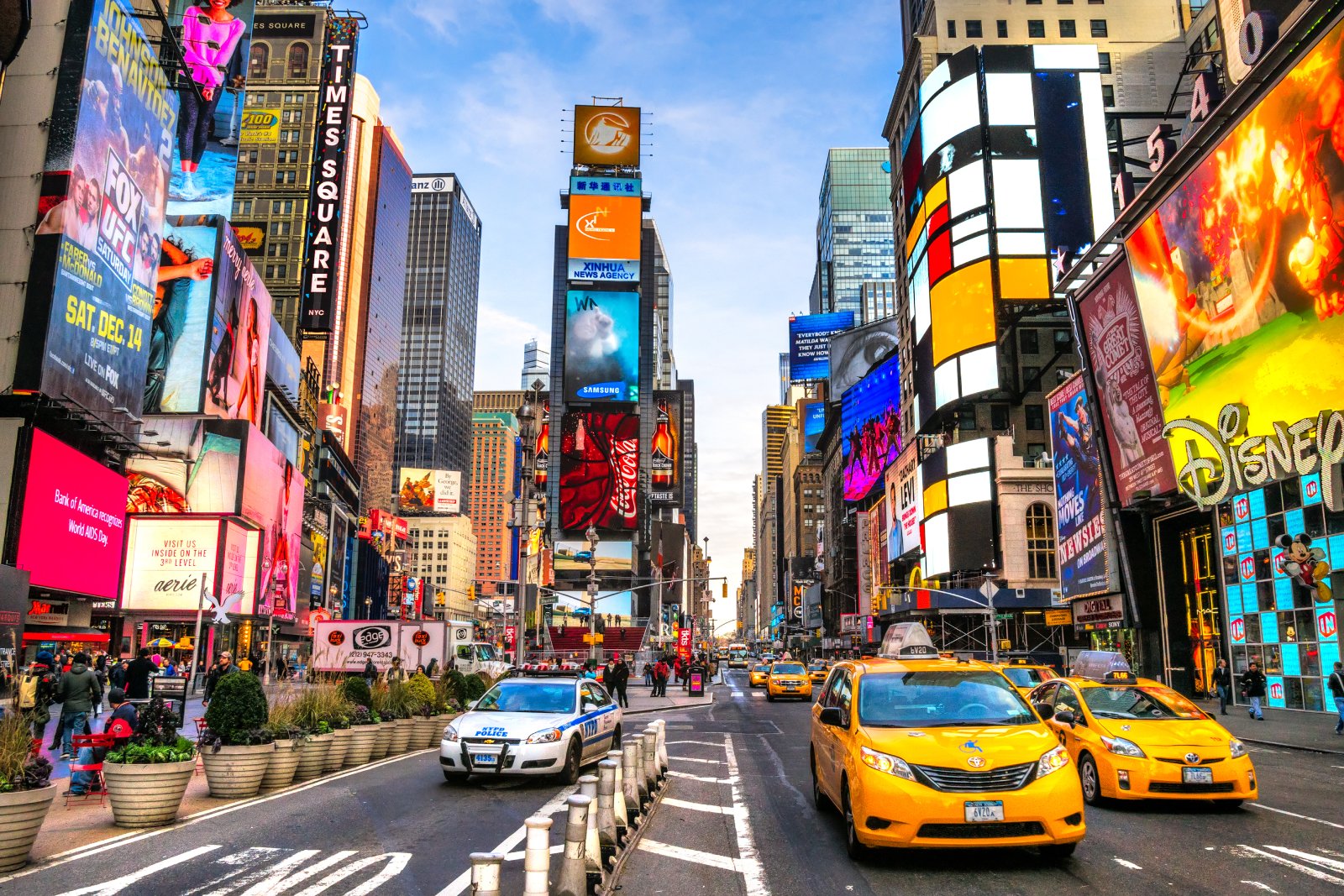
Discover how squatters’ rights, or adverse possession, are more than just legal jargon—they’re stories of unexpected twists in the world of real estate. From sunny California to the historical landscapes of Pennsylvania, here’s how these laws could turn the tables on homeowners and squatters alike. 21 States Where Squatters Can Legally Claim Your Property
14 Things That Are Banned in the U.S. but Totally Fine Elsewhere

Ever feel like America’s rulebook was written by someone with a dartboard? Across the pond or down under, things get even wackier. Let’s take a walk on the wild side of global “Do’s” that are definite “Don’ts” in the Land of the Free. 14 Things That Are Banned in the U.S. but Totally Fine Elsewhere
25 American States Nobody Wants to Visit Anymore
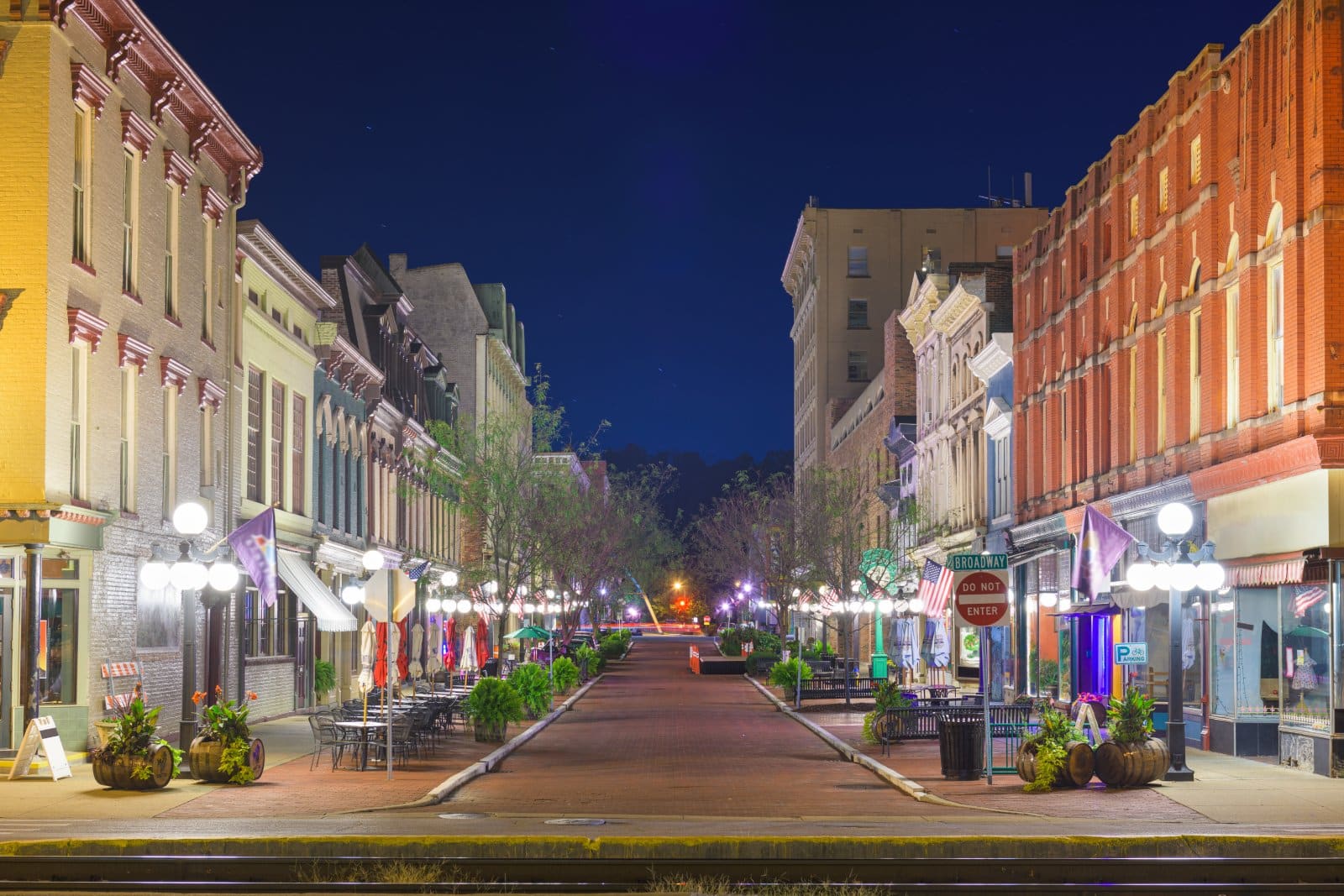
Across the United States, some states capture the hearts and itineraries of many, while others remain quietly on the sidelines, overshadowed or misunderstood. These 25 states, facing what you might call a popularity crisis, are brimming with hidden wonders, cultural riches, and natural beauty, awaiting those willing to look beyond the usual tourist trails. 25 American States Nobody Wants to Visit Anymore
20 Foods That Are Cheaper to Eat Out Than Making at Home

In a world where convenience often wins, certain culinary delights come with a lower price tag when enjoyed at a restaurant rather than crafted in your own kitchen. Here are twenty foods that might save you both time and money when indulged in at your favorite eatery. 20 Foods That Are Cheaper to Eat out Than Making at Home
17 Things You’re Paying For, but You Don’t Have To

In the land of the free, there’s a price tag on everything, but savvy Americans know better than to open their wallets for just anything. Here are 17 expenses you’ve been shelling out for without realizing there’s a cheaper or even free alternative. 17 Things You’re Paying For, but You Don’t Have To
The post California’s Energy Tango: Navigating Clean Power Goals and Gas Price Surges first appeared on From Frugal to Free.
Featured Image Credit: Shutterstock / Phil Pasquini.
The content of this article is for informational purposes only and does not constitute or replace professional financial advice.
